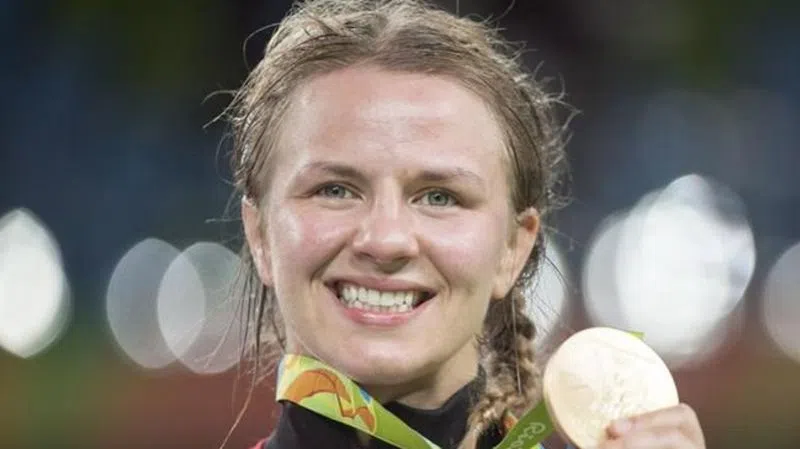
Canada’s Olympians gain more marketing freedom for Tokyo 2020
CALGARY — The International Olympic Committee’s loosening of iron-fisted rules around sponsorship gives Canada’s Olympians more commercial wiggle room in Tokyo this summer.
Under pressure from athletes, the IOC now allows for a more liberal interpretation of rules that govern the way athletes engage with their personal sponsors during an Olympic Games.
“We’re seeing a democratization of power,” Canadian Olympic wrestling champion Erica Wiebe said.
Rule 40 of the IOC’s Olympic charter ensures market exclusivity to companies who pony up hundreds of millions of dollars to have their brand in the Olympic Games.


